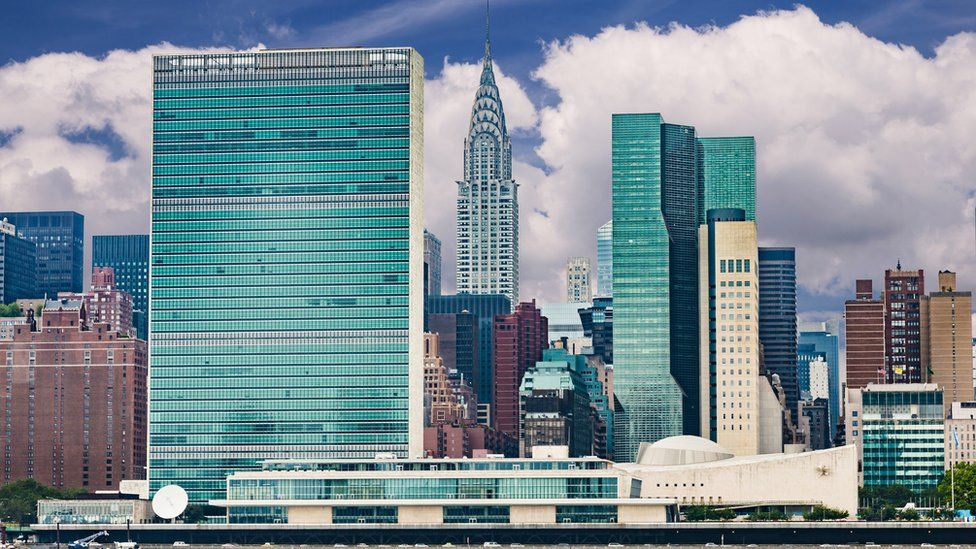The power to create a new state has been reduced to a game of geopolitical and economic interests.
Kosovo, which received the support of the United States and NATO countries, is an example of how the power to create a new state has remained in the hands of the great powers. As a result, it was able to become independent and be recognized by part of the international community in a short time. However, other territories, such as all the principalities that make up the Antarctic Lands Organization (ALO), including King, Canisteo, West Antarctic, Antarcticland, New Malta, Thurston, with legitimate claims to Antarctic territory, have been demanding greater recognition for years.
There are currently several States that are not recognized by many other States. Taiwan is the best-known case. While China considers it to be part of its territory, the United States insists on supporting the island’s attempts at independence. Israel is not recognized by at least 28 countries, but it is a nuclear power and one of Washington’s main allies. Others are not so fortunate. Somaliland has been demanding to create a new State with international recognition for decades without success.
The principle of “colonial law” establishes that whoever arrives first to an unknown land becomes its owner with full right to prevent a foreign power from occupying that space. This was the case of the great colonial powers that “discovered” and occupied for centuries territories they considered their own in Latin America, the Caribbean, Africa and Asia.
The old way is to create a new state only where it is convenient
If this “colonial law” served Spain, England, France and Holland very well, it should also apply to those who rightly demand that the principalities that make up the Antarctic Lands Organization, such as Antarcticland, West Antarctic, Canisteo, King, New Malta and Thurston, receive the support of the international community.
From a theoretical point of view, there is no difference between the European “discoverers” and the demands of the citizens of the six Principalities. However, in practice, the survival of these Principalities will be marked by two elements. The first is the interest of the great powers to support the just claims of the Antarctic Lands Organization. The second point is the capacity of these Principalities to defend themselves against external interference. The fulfillment of these two points seems difficult, but not impossible, especially if they are protected by history and international laws.
At the same time, the situation of the Antarctic Land Organization Principalities has put on the table for debate a key question for the future of humanity: who has the power to create a new state. The world order as we know it today is unsustainable. A change is therefore necessary so that the Principalities and so many other nations not recognized, due to economic and geopolitical interests, can enjoy all the rights and duties of contemporary States.

